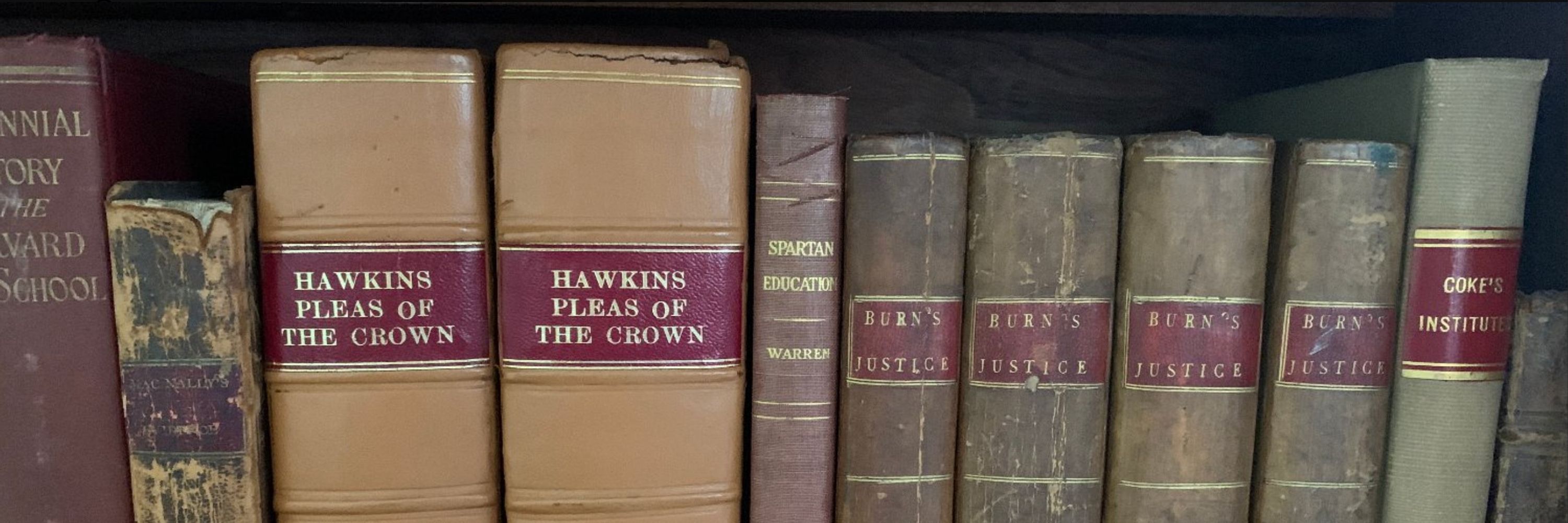
Professor, Stanford Law School.
Senior Fellow, Hoover Institution.
Author, The Digital 4th Amendment:
https://www.amazon.com/Digital-Fourth-Amendment-Privacy-Policing/dp/0190627077/ref=tmm_hrd_swatch_0
Orin Samuel Kerr is an American legal scholar known for his studies of American criminal procedure and the Fourth Amendment to the United States Constitution, as well as computer crime law and internet surveillance. He has been a professor of law at Stanford Law School since 2025. Kerr is one of the contributors to the law-oriented blog titled The Volokh Conspiracy. .. more
Reposted by Jonathan H. Adler
Reposted by Orin S. Kerr





www.wicourts.gov/sc/opinion/D...

No cases on this. And without a Bivens remedy, I'm not sure there will ever be any cases on this.
storage.courtlistener.com/pdf/2026/01/...


www.opn.ca6.uscourts.gov/opinions.pdf...


www.wicourts.gov/sc/opinion/D...
So it's a clash: Original public meaning versus good policy. Policy won, 9-0.
But is it not weird that zero Justices had any interest in the common law powers of law enforcement, which the Court has told us are presumed to be what reasonableness means?
www.amazon.com/Digital-Four...

washingtonpost.com/national-sec...

